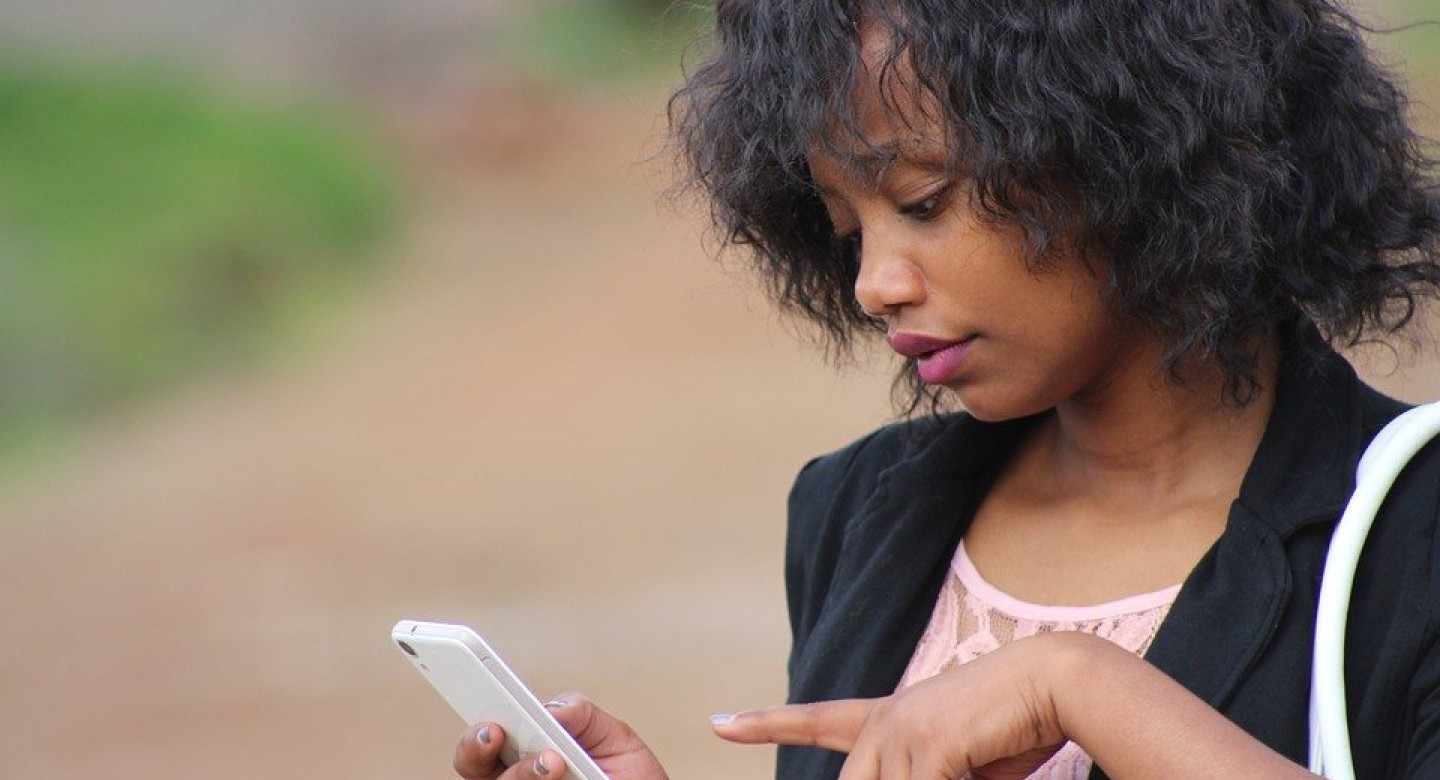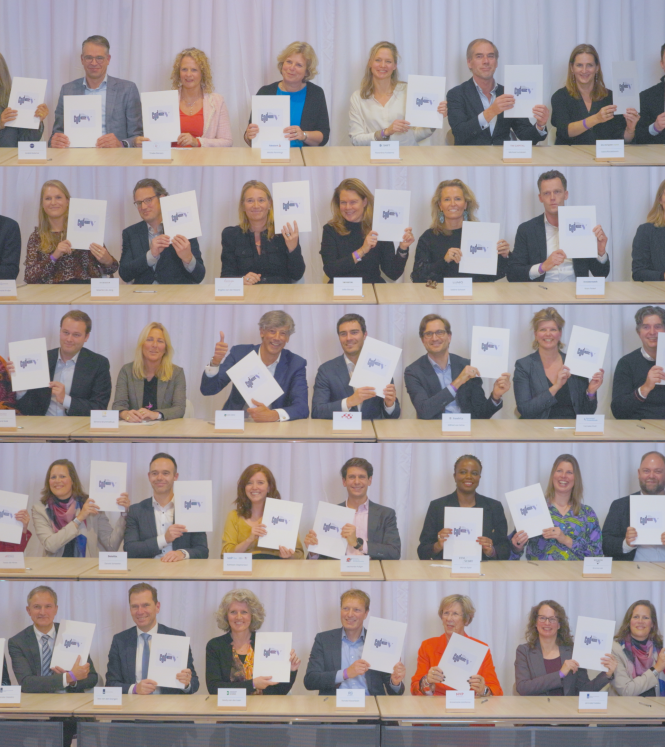

Reward scheme breaks down taboos around sexual health
How do you stimulate responsible behaviour towards sexual and reproductive health (SHR) in teens and young adults. Especially in societies where taboos make it difficult to discuss sex. Teenage pregnancy and poor sexual health often result from ignorance and embarrassment. A Dutch initiative motivates young women and adolescent girls to make positive choices. This makes asking for sexual health advice easier and lowers the threshold to access contraceptives.
Removing stigmatisation
The Dutch initiative called Tiko ecosystem offers a variety of lifestyle goods as well as sanitary and contraceptive products. It gives points to its users when they use healthy products and services. For instance if a teenage girl in Kenya renews her contraception. Or a pregnant woman in Ethiopia visits her antenatal clinic. They can use the points in the same way as money to buy products in local shops, pharmacies and even beauty salons. The inclusion of lifestyle products in the Tiko ecosystem removes the stigmatisation. So points can also pay for a visit to a beauty salon or a bead shop.
The system is active in nine countries: Kenya, Burundi, Cameroon, DRC, Ethiopia, Haiti, Malawi, South Africa and India. It does not need internet or a bank account, because it works via the text messaging services on mobile phones. The scheme avoids damaging local markets for contraception and sexual health services. Instead of creating a parallel supply chain, it uses existing shops, informal traders, local suppliers and wholesalers. The women can even start selling health and family planning products themselves. Then they become Tiko PRO micro-entrepreneurs. This also removes the taboo surrounding menstruation and reduces the scarcity of sanitary products, which affects girls' school attendance in developing countries.
Real-time data
The system collects real-time data on transactions which provide a unique insight into consumer behaviour. It also measures the effect of subsidies and uptake of treatment. At the same time, the system complies with the privacy laws. The user's telephone number serves as a unique identifier without the user’s name or date of birth. The system only collects relevant data, such as gender and year or birth to determine the type and cost of health services offered. Users can also access the system through a membership card. The more users, the lower the costs, so the success of the system contributes to reducing SRH costs.
The Tiko ecosystem combines two strategic partnerships ‘Jeune S3’ and ‘Ignite’ initiated by the Dutch MoFA, Cordaid, PSI, Triggerise and other agencies. Since its pilot in 2016, the uptake of the system has grown fastest in Kenya with over 160,000 users in 2018. This figure almost doubled in 2019. The real benefit of the system is the lasting impact it has on sexual and reproductive health of young women in developing countries.




